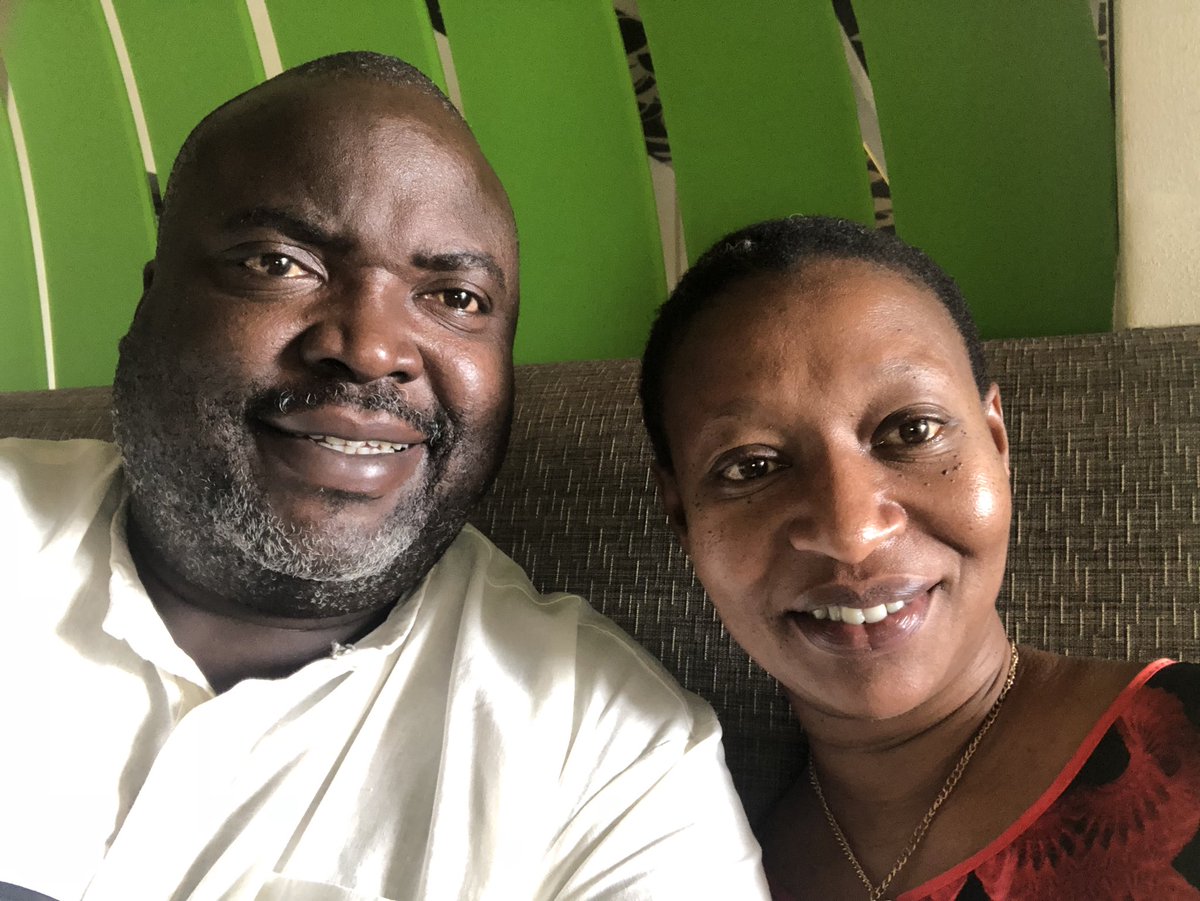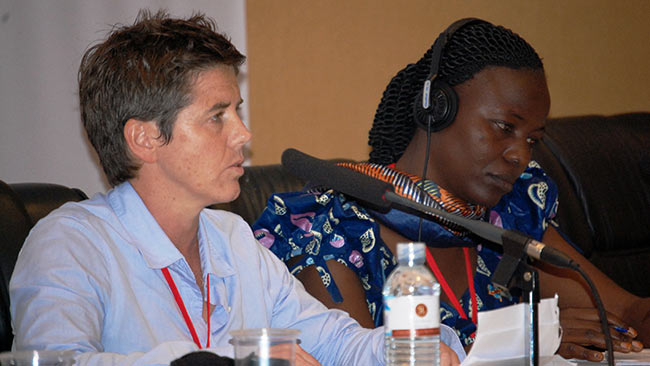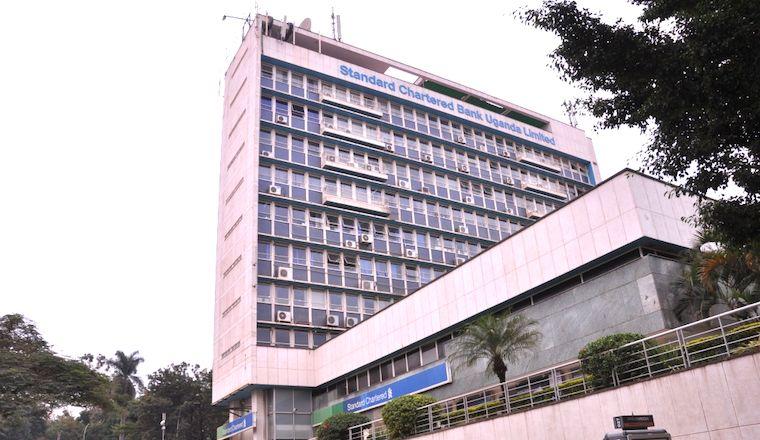Health Minister Jane Ruth Aceng has emphasized the need for regional manufacturing of vaccines and other medical supplies in Africa. She believes this strategy will prevent unnecessary duplication, reduce competition, and avoid market loss.
On May 26, 2024, Minister Aceng spoke at the Africa Centre for Disease Control’s Ministerial Consultation on Local Manufacturing. She highlighted that Africa, with its population of approximately 1.3 billion people, represents a significant market for vaccines. However, many African countries rely heavily on funding from GAVI, an international organization that helps provide vaccines to the world’s poorest nations. This reliance underscores the need for more domestic funding.
“We need to negotiate further with Gavi so that Gavi can support those countries that are still under Gavi’s support to procure these vaccines. It is time, DG [World Health Organisation (WHO) director general], African CDC, to start talking about regional manufacturing rather than manufacturing in Africa. Regional, meaning each region goes ahead to manufacture a particular item to avoid competition and loss of market,” Aceng stated.
Aceng also called on the Africa Centre for Disease Control and Prevention to identify which countries produce different medical products. She emphasized that Africa’s procurement budget is very limited, so rationalizing production is necessary to help manufacturing plants grow and sustain themselves.
These ministerial consultations on health product manufacturing in Africa were held as part of the lead-up to the 77th World Health Assembly, which is taking place in Geneva, Switzerland, from May 27 to June 1, 2024. The theme for this year’s assembly is “All for Health, Health for All.” This assembly serves as the decision-making body of the WHO, with delegations from all WHO Member States attending to discuss a specific health agenda set by the Executive Board.
During the same event, WHO Director-General Dr. Tedros Adhanom Ghebreyesus stated that unequal access to COVID-19 vaccines was a catastrophic moral failure, resulting in a two-track pandemic that has likely cost over one million lives. He noted that a resolution passed by the World Health Assembly emphasized the importance of local production to ensure timely and equitable access to quality, safe, and effective health products, which is crucial for safeguarding health security.
Dr. Tedros explained that for local vaccine production to succeed, a supportive environment must be developed. This includes ongoing political support, coherent policies, incentives, access to financing, regulatory harmonization, market shaping, a well-trained health workforce, and reliable supply chains. He also mentioned that recent case studies from Kenya, Nigeria, Senegal, and Tunisia demonstrate both the progress and challenges in local production efforts.
To further support local research and manufacturing, WHO has established several initiatives, including the Health Technology Access Programme, the mRNA Technology Transfer Hub in South Africa (with participation from 15 countries), and a Global Training Hub for Biomanufacturing in South Korea.
In Uganda, the National Drug Authority recently approved Dei Biopharma Ltd to start manufacturing drugs at its facility in Matugga, Wakiso district. This 150-acre facility will produce a wide range of essential drugs, including vaccines, biological solutions, and cancer treatments. According to Dr. Mathias Magoola, the proprietor, the biotech facility, the first in Africa under a US patent, will produce advanced cancer drugs, biosimilars, peptides, cell therapy, biologics, cytokines, therapeutic proteins, gene therapy, and vaccines, including mRNA vaccines.
“Dei Biopharma Limited is fully compliant with the Food and Drug Administration (FDA) [of the United States], the European Medicines Agency (EMA), and the World Health Organisation (WHO) standards, ensuring the production of high-quality drugs and vaccines. Our injectables’ facility will manufacture vital drugs, including Filgrastim, Erythropoietin, and Trastuzumab,” Dr. Magoola told New Vision Online on May 12, 2024.
He added that the facility features a large warehousing unit with advanced cold chain technology capable of storing 60,000 pallets of mRNA and other vaccines, as well as other pharmaceutical products.




















